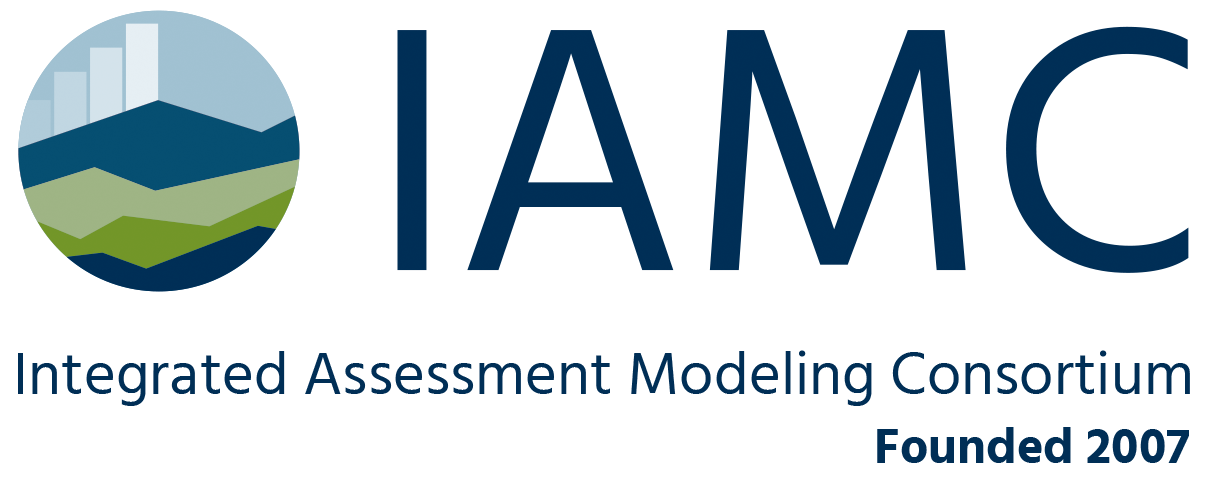IAMC Award for Early Career Researcher
The Award for Early Career Researcher (ECRA) is given to the best contribution in the field of IAMs by an early career researcher for their published paper (first author) in a peer-reviewed journal. Every researcher not older than 37 years at the time of the nomination deadline can be nominated for this award without further proof of being early in their career. If a researcher has started working in the field only at an advanced age, their nomination will still be considered even if they are older than 37 years if it is accompanied by documentation that the researcher is still in their early career. In that case, the general expectation is that early career researchers have not published in the field for more than five years before the nomination deadline. The awarded paper is required to be published during the two years before the nomination deadline in order to be eligible for consideration.
Nominations can be submitted by sending the paper’s complete reference and the nominee’s date of birth to the IAMC Secretariat. Submitters are encouraged to justify their choice. Self-nominations will not be accepted.
The ECRA can be given only once to a single person.
Awardees

Nominations
Every year, a joint call for nominations is launched for the for the Lifetime Achievement Award (LAA), the Award for Extraordinary Contributions to the field of Integrated Assessment Modeling (ECA) and the Award for Early Career Researcher (ECRA) . Nominations are open to all representatives of IAMC members, at an individual level (thus multiple nominations from members from the same institution are accepted). Self nominations are not accepted. Nominations are submitted confidentially to the Secretariat and will be treated as strictly confidential by the Evaluation Committee and the Secretariat. Nominations will be automatically disqualified in the event they are made public by the submitting party before a decision has been taken. Submissions include an explanation supporting the nomination.
Evaluating Committee
The LAA, the ECA, and the ECRA have in principle the same Evaluating Committee. It is constituted by seven members:
- the three previous ECA winners that are still active IAMC members;
- four members selected by the SSC amongst previous LAA and ECA winners that are still active IAMC members.
The SSC appoints a chairperson of the Evaluating Committee who will coordinate the selection process with the support of the IAMC Secretariat.
The SSC will appoint the Evaluating Committee after that the call for nominations is closed. Appointments will be made considering the nominations collected and avoiding that members of the Evaluating Committee are nominees themselves and avoiding also conflicts of interest due to nominees and Selection Committee members from the same institute and/or the same region.
The Evaluating Committee will assess the merits of the submissions for a given year, make a ranking of submissions received and evaluate whether the contribution of the top ranked candidate would merit the awards. At the latest one month before the annual meeting, the Evaluating Committee chair will send the Committee’s recommendation to the SSC either to not award the LAA and the ECA for the year, or to award it to the top-ranked candidate.
Scientific Steering Committee Endorsement
The Scientific Steering Committee (SSC) will make the final decisions on the recommendation of the Evaluating Committee, and can still change the ranking or the evaluation to award or not to award the top-ranked candidate. This, however, should only be in exceptional cases. The SSC decision will be by majority. There can only be one LAA, one ECA and one ECRA per year.
If a member of the SCC is proposed for the awards, this member is not informed about the recommendation of the Evaluating Committee and is excluded from any SSC deliberation on this matter.
Award Announcement
Awardees are announced at the Annual Meeting, during an Awards Ceremony taking place as a plenary session.
The awardee is not informed in advance, but there may be exceptions.
The announcement will be accompanied with a plaque and a written motivation.



